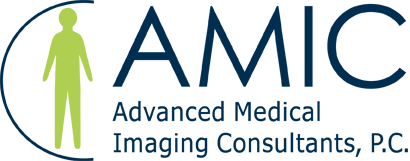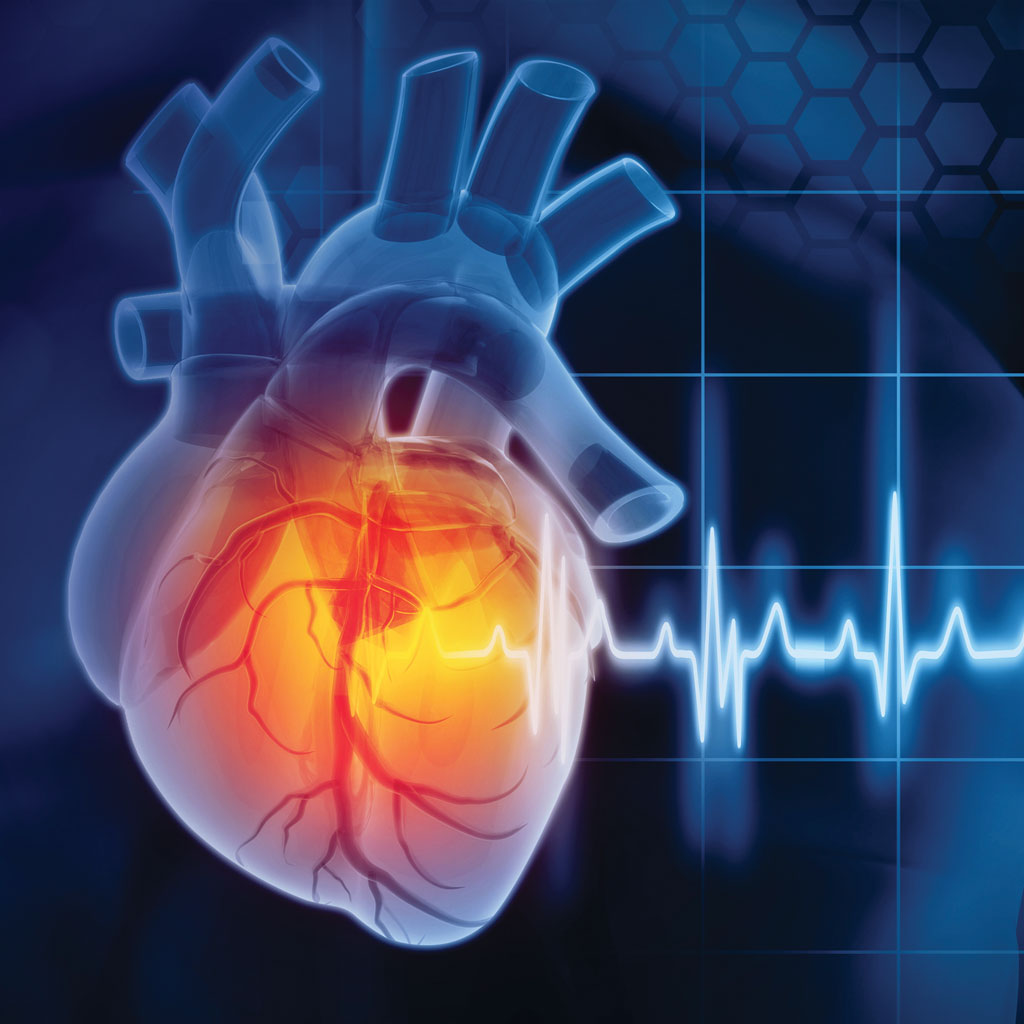Coronary Artery Disease (CAD) is a prevalent and often life-threatening condition affecting millions of people worldwide. It occurs when the coronary arteries, which supply blood to the heart muscle, become narrowed or blocked due to the buildup of plaque. Advanced Medical Imaging Consultants aims to provide an overview of CAD, including its causes, symptoms, and available treatment options.
Causes of Coronary Artery Disease
The primary cause of CAD is atherosclerosis, a condition characterized by the buildup of fatty deposits, cholesterol, and other substances on the inner walls of the arteries. Over time, this plaque hardens and narrows the arteries, reducing the flow of oxygen-rich blood to the heart. Several factors contribute to the development of atherosclerosis and, consequently, CAD:
High Blood Pressure: Persistent high blood pressure can damage the inner lining of the arteries, making them more susceptible to plaque buildup.
High Cholesterol: Elevated levels of low-density lipoprotein (LDL) cholesterol, often referred to as “bad” cholesterol, contribute to the formation of plaque.
Smoking: Smoking damages the blood vessels, raises blood pressure, and decreases oxygen levels in the blood, all of which accelerate the development of CAD.
Diabetes: High blood sugar levels associated with diabetes can damage blood vessels and increase the risk of atherosclerosis.
Obesity: Excess body weight, particularly around the abdomen, is associated with high blood pressure, diabetes, and high cholesterol, all of which increase the risk of CAD.
Sedentary Lifestyle: Lack of physical activity contributes to weight gain, high cholesterol levels, and high blood pressure, all of which are risk factors for CAD.
Family History: A family history of heart disease increases the likelihood of developing CAD, especially if a close relative had heart disease at an early age.
Symptoms of Coronary Artery Disease
The symptoms of CAD vary depending on the severity of the condition. Some individuals may not experience any symptoms until a significant blockage occurs. Common symptoms of CAD include:
Chest Pain (Angina): The most common symptom of CAD is angina, a type of chest pain that occurs when the heart muscle doesn’t receive enough oxygen-rich blood. Angina may feel like pressure, squeezing, or tightness in the chest, and it can radiate to the shoulders, arms, neck, or jaw.
Shortness of Breath: Reduced blood flow to the heart can lead to shortness of breath, especially during physical activity.
Fatigue: As the heart struggles to pump enough blood, individuals with CAD may experience unusual fatigue or weakness.
Heart Attack: A complete blockage of a coronary artery can lead to a heart attack, characterized by severe chest pain, shortness of breath, nausea, and sweating. A heart attack requires immediate medical attention.
Treatment Options for Coronary Artery Disease
The treatment of CAD typically involves a combination of lifestyle changes, medication, and, in some cases, surgical procedures.
Lifestyle Changes: Adopting a heart-healthy lifestyle is crucial in managing CAD. This includes quitting smoking, eating a balanced diet low in saturated fats and cholesterol, engaging in regular physical activity, and maintaining a healthy weight.
Medications: Several medications can help manage CAD by lowering blood pressure, reducing cholesterol levels, and preventing blood clots. Commonly prescribed medications include statins, beta-blockers, and aspirin.
Surgical Procedures: In more severe cases, surgical interventions such as angioplasty, stenting, or coronary artery bypass grafting (CABG) may be necessary to restore blood flow to the heart.
Coronary Artery Disease is a serious condition that requires timely diagnosis and management. By understanding the causes, recognizing the symptoms, and exploring the available treatment options, individuals can take proactive steps to protect their heart health.
Advanced Medical Imaging Consultants partners offer a Coronary Artery Disease screening to assess your risk or to diagnose any symptoms you may be experiencing. Find the most convenient location and schedule an appointment!

